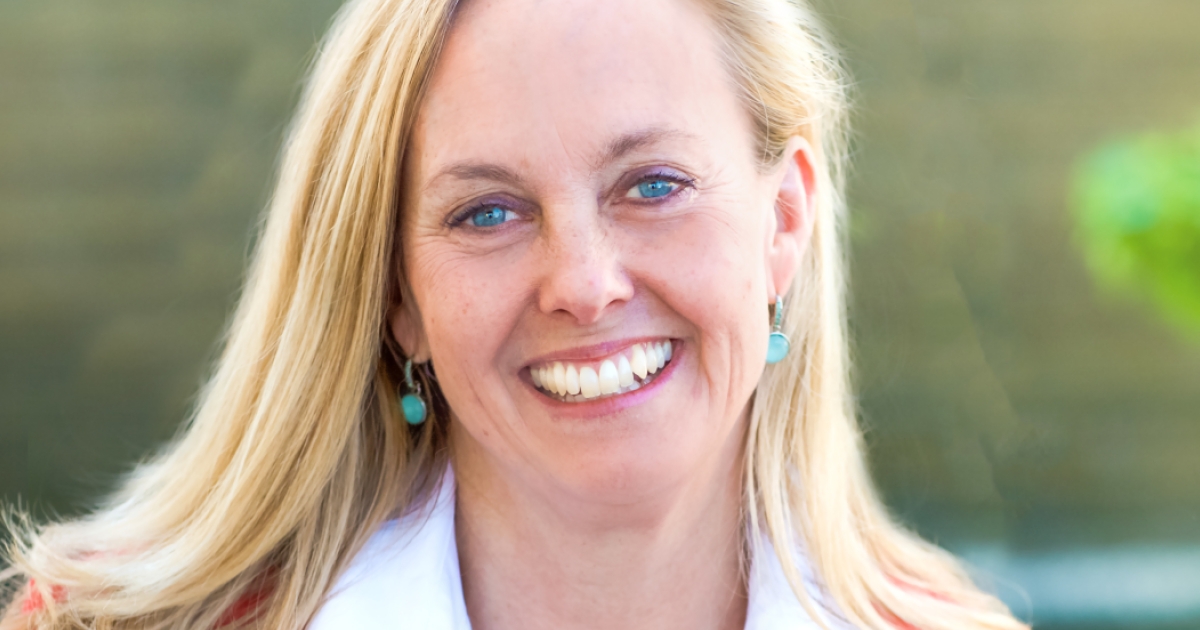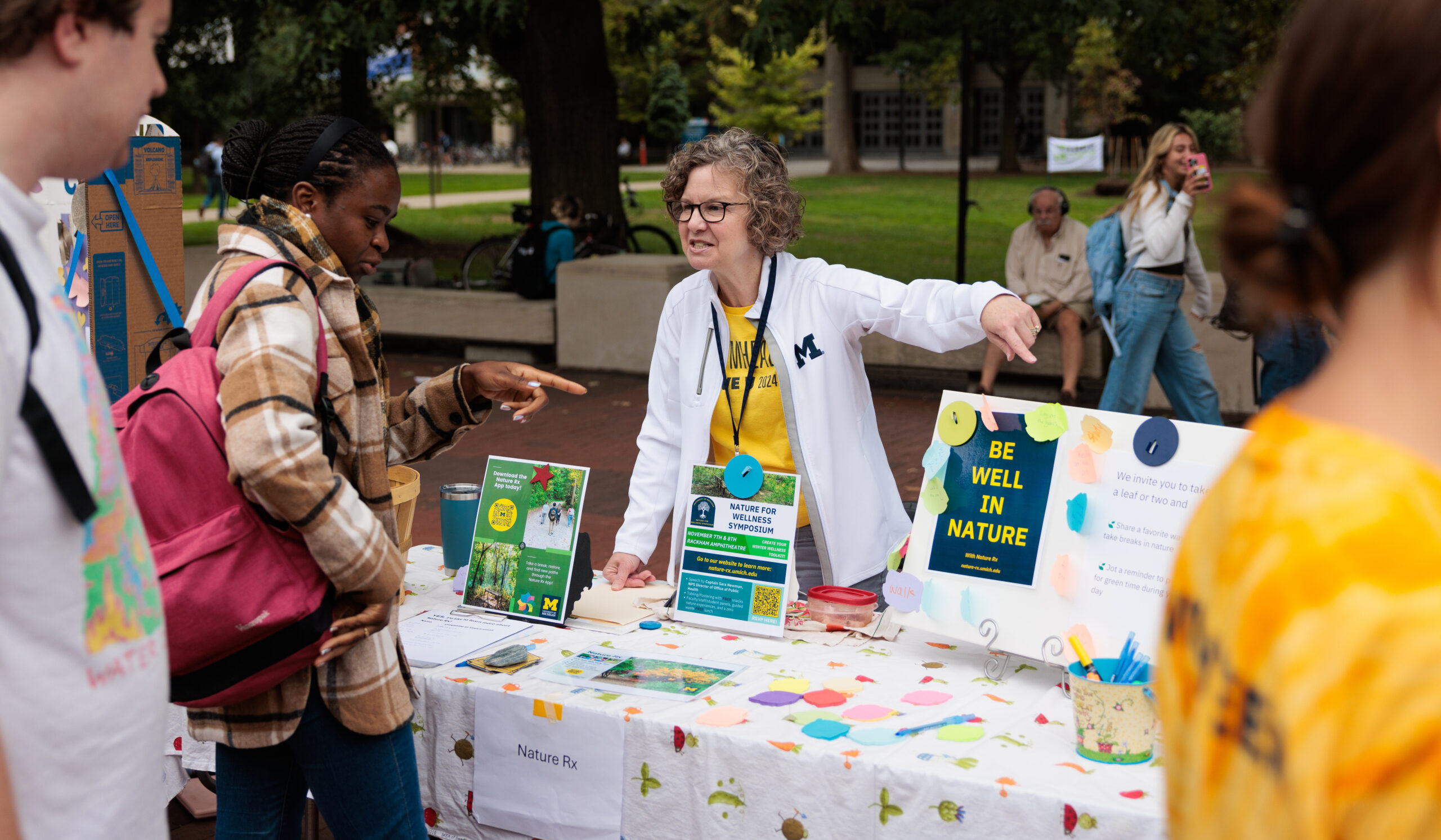Lisa Wozniak, ’87, MA’93, MSW’93, a conservation leader both locally and nationally, wants voters to think more about a big subject: water. As executive director of the nonpartisan Michigan League of Conservation Voters, Wozniak knows the subject all too well, particularly given that her state is surrounded by nearly 21 percent of the world’s fresh surface water. To that end, in February 2019, U-M President Mark Schlissel appointed Wozniak to his Commission on Carbon Neutrality, which is exploring how U-M can reduce its carbon emissions and become more environmentally sustainable.
Michigan Alumnus recently caught up with her to discuss the most concerning environmental issues right now in the country.
Tell us about serving on President Schlissel’s Commission on Carbon Neutrality?
I am the only person representing the NGO community on the commission. We’ve only had two meetings thus far and one town hall, so we are just digging in. The president has made it clear through the establishment of this commission that the urgency of this issue is something he has heard loud and clear from the faculty and students, who have been increasingly involved over the last few years to push the Maize and Blue to do better. It is a big commitment. The Ann Arbor campus alone has 37 million square feet of buildings. I am also on the board of the Washtenaw County Environmental Council which has the same carbon goals as the University.
In April you flew to Los Angeles to be the opening plenary at the annual meeting of the Climate and Energy Funders Group. Why did they choose you?
I was invited because they are trying to build political will to get people to act on Climate change. That is exactly what we have been doing in Michigan. I spoke about how we do it by talking about water. If people can’t trust the water coming out of their taps, if they see massive flooding creating infrastructure, sewage, and flooding challenges, and if they see their waterways contaminated, it builds political will. Clean, affordable water matters to the citizens in our states, whether they are a Democrat, a Republican, or independent.
How important do you think the environment will be in the next presidential election?
It will be at the forefront for many people. Last year’s United Nation’s Intergovernmental Panel on Climate Change report said what many of us have known for years: that we are dealing with a climate crisis and we have 10 years to get our act together. By endorsing pro-conservation candidates into the state legislature and governor’s office and educating voters about legislators’ conservation records, we hope to help the League of Conservation Voters on a state by state level.
What sparked your passion for the environment?
My father was in the foreign service, so I spent the first 10 years of my life in Athens, Greece, where he was posted. I grew up swimming in the Mediterranean and the Aegean Sea. We then moved to Grand Rapids, Michigan, and I saw my first Great Lake. As a child, I could not believe a body of water could be that fresh and that big. Water is just part of my DNA and was such a formative part of my childhood, which is why I care so much.
What can citizens do to help?
There are amazing opportunities for us all to lead through job creation that addresses these problems. We have the opportunity to look at communities that have been disproportionally impacted by pollution and infrastructure challenges and tackle them in ways that are holistic, that embrace environmental justice, and that put this state and this nation in a leadership role. All eyes are on the United States. The world is looking as to how we are going to deal with these problems. But I also can’t stress enough the importance of having people elected who believe that public health and a clean, safe environment are integral to the quality of our lives and the future of our planet.
Jennifer Conlin, ’83, is the deputy editor of Michigan Alumnus.





